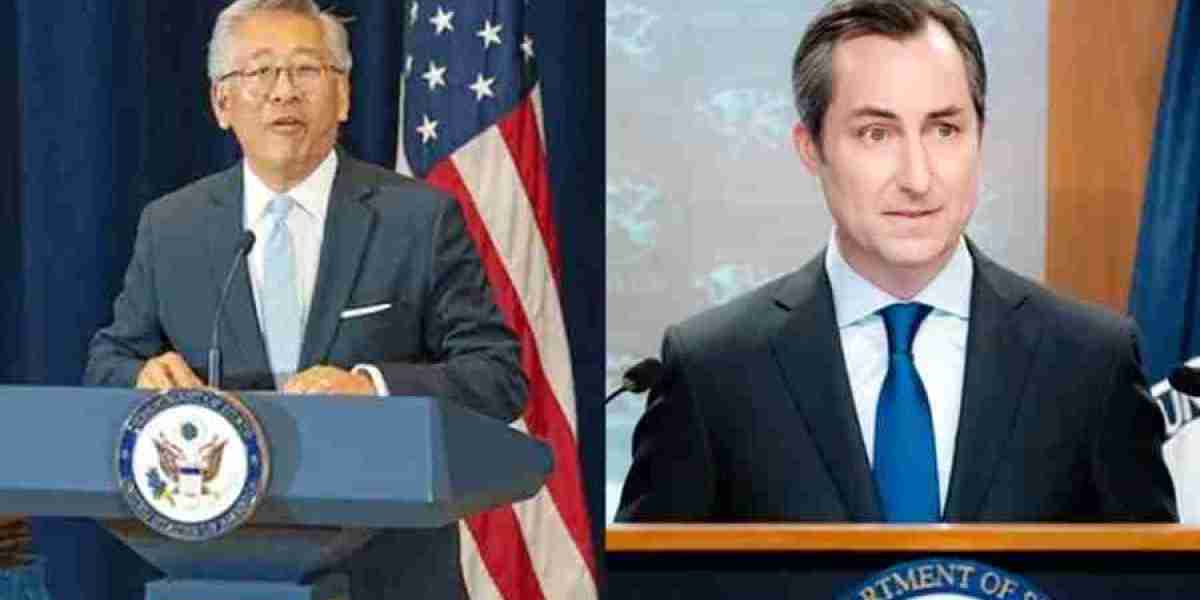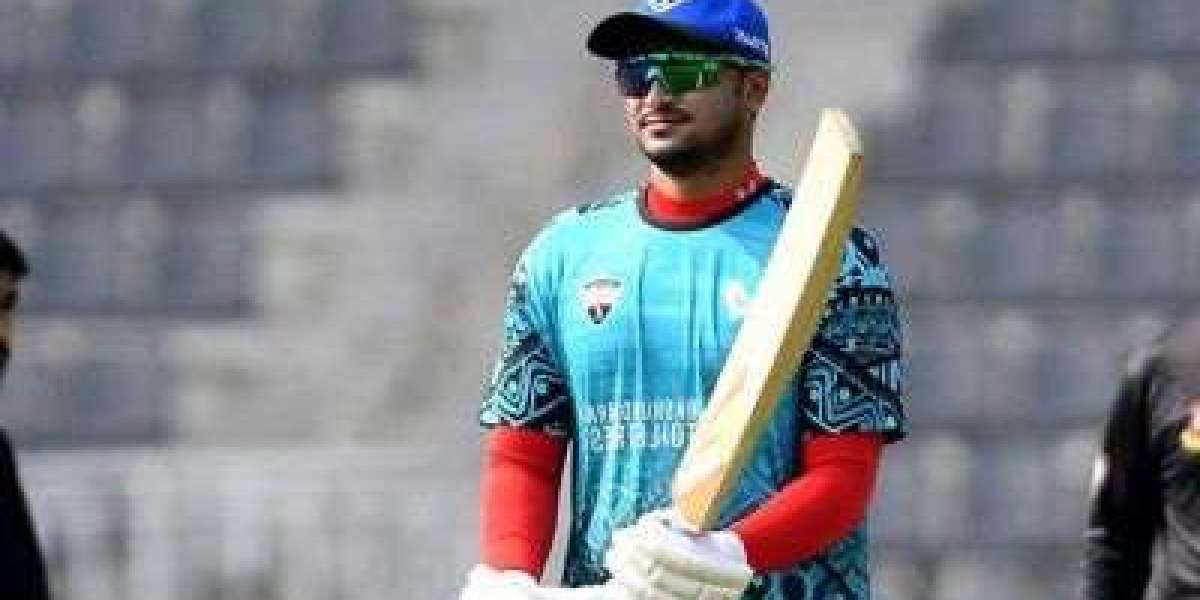International Desk: The competition between Elon Musk and Mukesh Ambani, one of the world's two richest men, is intensifying for the possession of India's artificial satellite spectrum and satellite broadband market. The standoff came to a head last week when the Indian government announced that satellite spectrum for broadband would be allocated administratively instead of auctioned.
Musk -Ambani
Elon Musk had earlier criticized the auction model supported by Ambani. After he expressed interest in providing Internet services to India, India said there would be no auction for satellite spectrum allocation. Rather, the spectrum will be distributed administratively. Earlier the allocation of terrestrial spectrum was done on the basis of auction. Jio and Airtel prefer this method. However, Elon Musk has always opposed such an auction method. BBC news.
Earlier, Reuters news agency reported, Mukesh Ambani is influencing the government in various ways to reconsider its position. Reacting to this, Musk wrote on social media platform X, 'I will call and ask that if it is not too much trouble, Starlink should also be allowed to serve the people of India.'
Incidentally, Musk has been eyeing Starlink's entry into the Indian telecom market for several days. And this time, the world's richest man practically threw a 'challenge' by commenting directly on Mukesh Ambani's meme.
Note that satellite spectrum is distributed administratively almost everywhere in the world. But till now satellite spectrum allocation in India was done through auction. Billionaire Mukesh Ambani would benefit from it. Airtel's Bharti Sunil Mittal also supports this method. However, Amazon's Project Kuiper was asking Starlink to allocate satellite spectrum administratively to India.
India is a member of the International Telecom Union. It is an organization of the United Nations. Being a member of this organization, Musk claimed that India should share the satellite spectrum in accordance with international norms. In this climate, India's telecom minister Jyotiraditya Scindia recently announced that satellite spectrum will be distributed administratively in India, like the rest of the world.
In this context, the report claims, Mukesh Ambani opposes the administrative distribution process. Reliance claims that satellite spectrum should also be auctioned to maintain consistency in the market. Reliance Jio has written a letter to the Telecom Regulatory Authority of India or TRAI about this. Sunil Mittal also spoke in the same tone. However, says Jyotiraditya Scindia, 'Satellite spectrum is distributed administratively all over the world. India is not doing anything different.'
But it may not be easy for masks to capture the Indian internet market. In a 2023 report, EY-Parthenon noted that Starlink's high costs – about 10 times that of major Indian broadband providers – could make it difficult to compete without government subsidies. Many more LEO satellites – the kind that Starlink operates – are needed to provide global coverage than MEO satellites, which increases launch and maintenance costs. In other words, the war between two of the world's richest men over the Internet of Space has truly begun.
Meanwhile, at the opening ceremony of the Congress this week, Indian Prime Minister Narendra Modi said that the time has come to create a policy framework for the proper use of artificial intelligence and advanced technology for the protection of people.
The point is that Jio sought the intervention of the Central Government of India to ensure transparent allocation of airwaves. Soon after, Musk announced that it would be 'unprecedented' if the waves were auctioned in India. According to concerned quarters, Scindia's comments answered that question.



















































